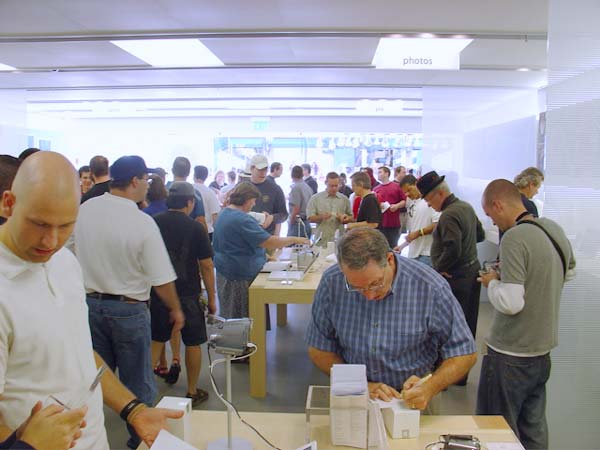I dislike the unknowns of SARS-CoV-2/COVID-19, no treatment has yet proven effective, and—like putting on a seatbelt—it’s easy for me to mitigate a lot of downside risk until more data paint a clearer picture … I am constantly looking for such “seatbelts†in many areas of my life. Dead-simple ways to cap some or all of the downside risk.
— Tim Ferriss “Some Thoughts on Coronaviruses and Seatbelts“
I’ve been a longtime reader of Tim Ferriss. His book, “The Four-Hour Workweek” reshaped how I do things in my career, although not to the degree as advocated in the book. His podcast has been excellent listening for me over the years, and his blog is often another wealth of information to pick from.
In February 2020, he wrote a blog post called “Some Thoughts on Coronaviruses and Seatbelts“. In that article, Ferriss linked to a post by Ben Hunt called “Body Count,” which gave me quite a jolt. Both posts warned of a newly-discovered virus called SARS-CoV-2, which we have now come to call COVID-19. Both posts highlighted some interesting aspects about this new disease:
- There was no known effective treatment.
- There is no known effective vaccine.
- The virus can spread rapidly without showing symptoms in some people, making them “super spreaders.”
Ferriss’ posts goes on to ponder what might be needed to combat the spread of the virus. This got my wheels turning. Unlike it’s cousin SARS, the ability for this virus to be transmitted asymptomatically was concerning. With SARS, if you were infected, you showed symptoms. It was easier to fight. But with COVID-19, anyone could be a carrier; anyone could be infected.
After reading those articles in February, my wife and I talked about it. She is the coordinator of all grocery purchases in our household, so I told her, “Let’s start putting away a few things, just in case.” I didn’t want her to go crazy with purchases — just get some extra protein bars, canned goods we use, and peanut butter — but I did want her to go ahead and get a little extra in her runs to the grocery store. We began our meager stockpile, and then went about life as usual.
At the end of our conversation, I told my wife what concerned me the most.
“I don’t know that I’m afraid of this virus,” I said. “What I fear is panic. People get crazy when they’re afraid.”
It was time to make some plans. I wasn’t sure how long it would take for the virus to come to our corner of the midwest here in Missouri, but I certainly thought it was a possibility.
Hope is not a strategy.
— James Cameron
Several years ago, we were coming back from visiting family in western Kansas. It was snowing, and one of my children needed to use the restroom. We stopped at a trucker-oriented store on I-70 as we headed east back to home.
While my daughter was using the restroom, I struck up a conversation with a trucker. We were talking about the inclement weather and the cargo he was carrying, and then he told me this:
“There’s only three days worth of supplies in grocery stores,” he said. “After that, you’re waiting until the next load gets in. Most people have no idea how fragile the supply chain really is.”
I tucked that away in the back of my brain. It piqued my interest in prepping, but every resource I found at that time went deep into the rabbit hole of end-of-the-world scenarios, and that was a path I couldn’t follow. Although I entertained such scenario as a possibility, I weighed the likelihood against reality and decided the case for it wasn’t that strong. Rather, I was more in line with the Boy Scout motto from my youth: “Be prepared.”
In the years that followed, I went down that path, although in hindsight, not with enough vigor. But certain events kept the embers burning enough so that I was never fully unprepared. There was the Joplin tornado, ice storms two years in a row that dumped more than a foot of snow each year, and another tornado in my hometown of Baxter Springs, Kan., that kept me always thinking about never being caught with my pants down.
Or, so I thought.
By early March, the chatter about the spread of COVID-19 became something no one could ignore. There was debate on whether or not this was overblown, or if this was something we should all be really concerned about. I didn’t know for sure. The one thing I did know were the three items from the beginning:
- There was no known effective treatment.
- There is no known effective vaccine.
- The virus can spread rapidly without showing symptoms in some people, making them “super spreaders.”
After work on Thursday, March 12, 2020, I went by some grocery stores on my way home. My two youngest children had been fighting off a difficult cold, and my wife wanted me to get some medicine for them, in addition to a few extra medicines that might be needed should there be a run on the grocery stores.
I had some difficulty finding the right meds. By the time I got to the store after work, most of the shelves had been picked clean of over-the-counter medicines. On social media, I heard there was a run on toilet paper, which seemed incredibly bizarre, but I my curiosity drove me to the paper products aisle. I was shocked. It was completely bare.
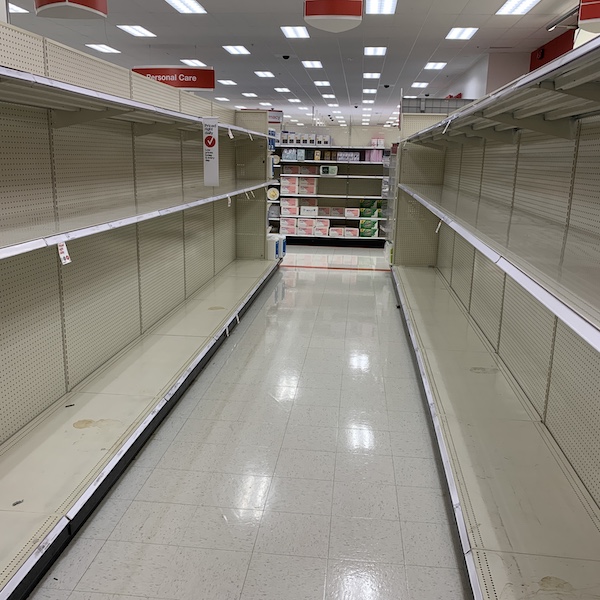
The empty toilet paper aisle of Target, Thursday, March 12, 2020.
What started at Target as shopping for cold medicine became a journey to see what this was really turning into. I went to Costco. There was no toilet paper. I stopped by a CVS, getting a few more meds and found a handful of rolls of toilet paper. I purchased a couple of packages for us, and left the rest for someone else to purchase.
I live very close to a very large Walmart, so I made that my last stop. And there, in the epicenter of middle-class capitalism, in the paper good aisle, I stood amazed.
It was empty.
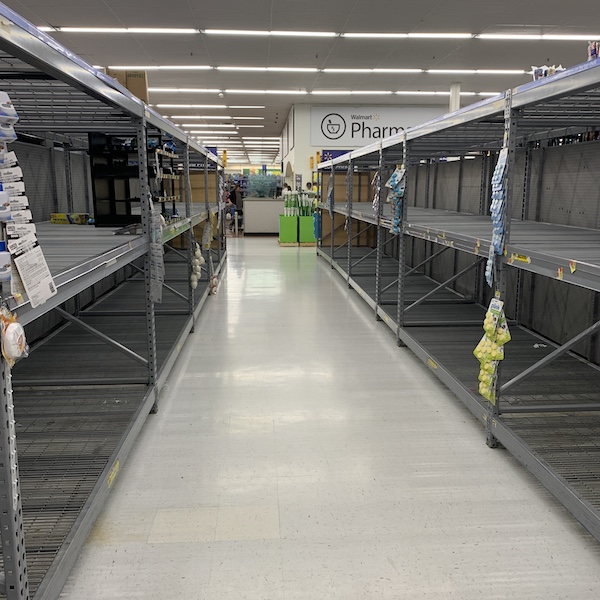
The empty toilet paper aisle of Walmart, Thursday, March 12, 2020.
Walking to the back of the aisle to take a picture, I stood by a man wearing a Vietnam veteran’s hat, much like my dad wears, doing the same. I thanked him for his service, and then said, “This is really something, huh?”
“Yup. Food’s next,” he mumbled.
In an instant, I thought about that trucker on the snowy road in Kansas. Three days of supplies.
I left Walmart empty handed, and almost crossed the road to head home. Then, I decided to head into Hy-Vee, a grocery store across the street. Walking back to the meat section, I purchased the largest tube of ground beef I could carry.
Walking in the door with a tube of beef, my wife looked at me with a bewildered look. I went past her, down to the basement, and threw the tube in our small deep freezer.
By the end of day on Friday, March 13, 2020, it seemed we had turned a corner in Kansas City. There were rumors flying at work that we would be told to work from home for the next two weeks, as the city moved toward a lockdown to try and slow the spread and not overwhelm the local healthcare system.
I waited around until 6 p.m. that day, waiting for the rumored email. I chatted with Bill, a co-worker with some past military experience, and we talked about how crazy all this was. Feeling like the official notification telling us to work from home wasn’t going to come soon, I asked my boss, Michael, if it was OK that I took my gigantic monitor home just in case. I was given his blessing, and I loaded things up in my car.
Before I left, I said goodbye to Bill.
“I’ll see you in a couple of weeks; three weeks tops,” I told him.
Home Depot was on the way home, so I stopped in. Social media chatter mentioned that toilet paper could be found there, and my drive to evaluate this unfolding situation kept pushing me to investigate. Perhaps it’s the ex-journalist that lives in me, or just my curious nature, but I had to see for myself.
There was no toilet paper in Home Depot.
“Oh, I’m not doing this shit,” I said out loud.
And after years of thinking about it, but never acting on it, I finally had my impetus: I walked over to the bathroom aisle of Home Depot and purchased the only bidet sprayer they had. I have often wondered why bidets were popular in other parts of the world but not in the United States, so I had researched them before but never bought one. But now, faced with the thought of spending day after day looking for toilet paper after our supplies ran out, I decided that wasn’t an acceptable option.
From there, I went to another home improvement store, Menards, and bought two more. And then I went home and collapsed on the couch.
Those two days were mentally exhausting. I was drained. There was roads of uncertainly ahead, and I wasn’t sure what to make of all of it.
Later that evening, I got the email I was waiting around for. We were to work from home for at least the next weeks.
As I sat down to dinner, I looked at the family and said, “Well, I guess we’ll be staying in for awhile.”
“Two weeks; three weeks tops.”
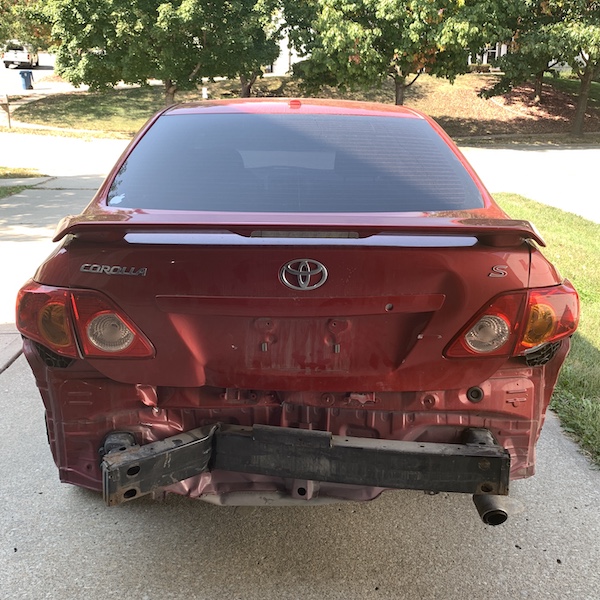
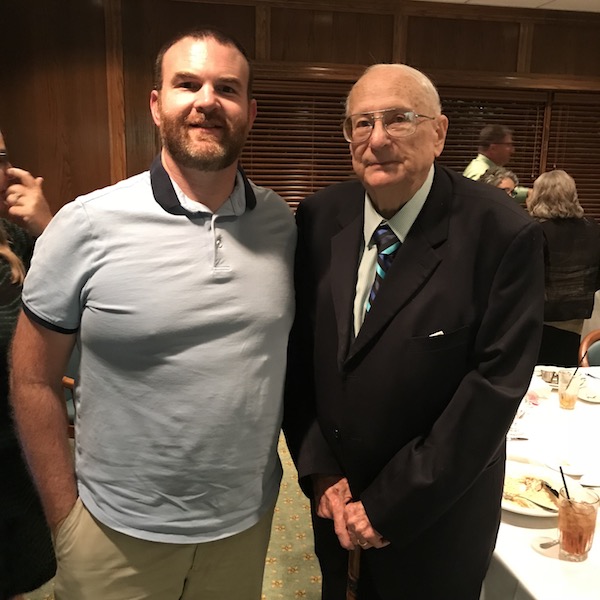

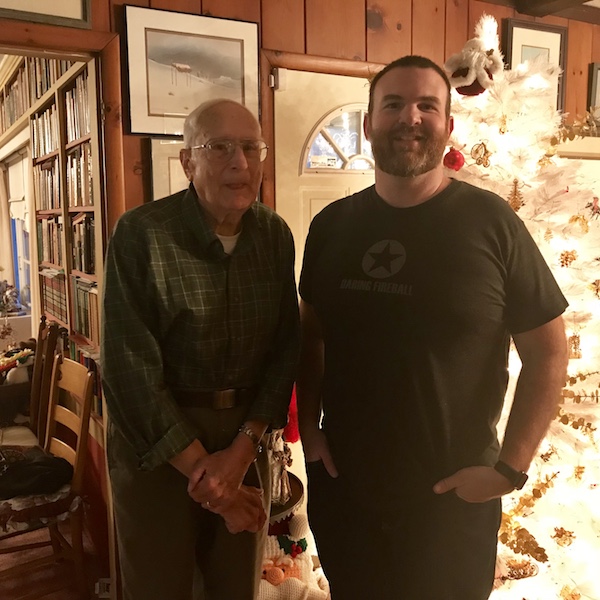
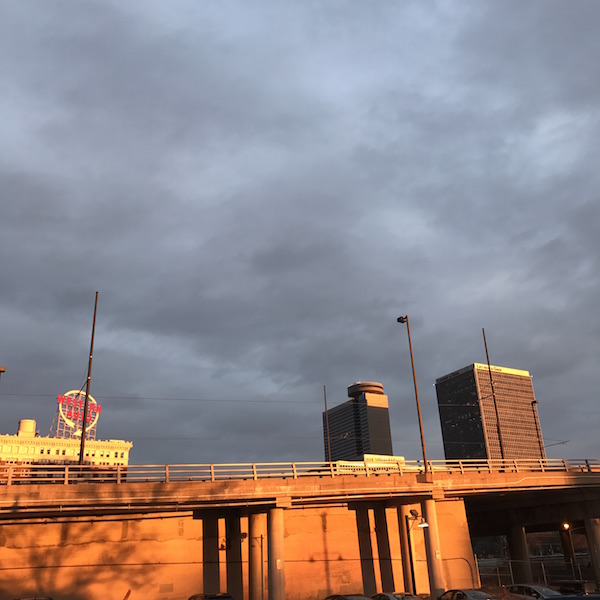
 To put things in context, outside the True Value hardware store in the city of my birth (the hospital there closed decades ago), hangs a trampoline. Rather, it’s half of a trampoline weathered from years of exposure to the elements.
To put things in context, outside the True Value hardware store in the city of my birth (the hospital there closed decades ago), hangs a trampoline. Rather, it’s half of a trampoline weathered from years of exposure to the elements.